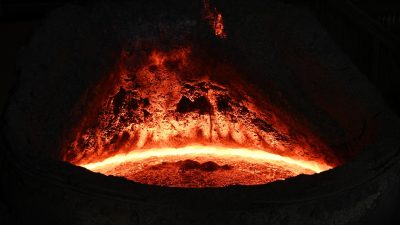One in five
NHS
Trusts are utilizing solar panels made by Chinese firms allegedly linked to forced labor.
labour
, as the Mail can disclose.
Hospitals, mental health units and ambulance stations across the country are fitted with such panels, with Energy Secretary Ed Miliband looking to expand the scheme exponentially.
His contentious proposal to renovate the rooftops of 200 schools and 200 National Health Service locations has ignited anger amongst human rights advocates.
However, even though Labour has caved under pressure and attempted to prevent the future acquisition of panels made through forced labor, skeptics have cautioned that this will be difficult to achieve. This suggests that more solar panels may still wind up being installed on NHS properties.
Former
Tory
leader Sir Iain Duncan Smith said the Government must do more to clean up the sector as our investigation found:
- Approximately two-thirds of NHS Trusts that use solar panels have equipment manufactured by companies based in China – many of which are reportedly linked to forced labor practices.
- Certain panels were fitted following the release of the links and after regulations were implemented with the intention of purifying the UK’s supply chains.
- The biggest supplier is the China-based company JA Solar, which has delivered panels to 19 National Health Service locations even though it is prohibited in the United States.

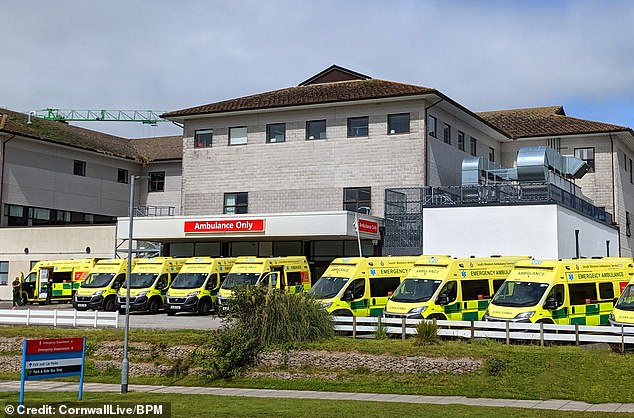
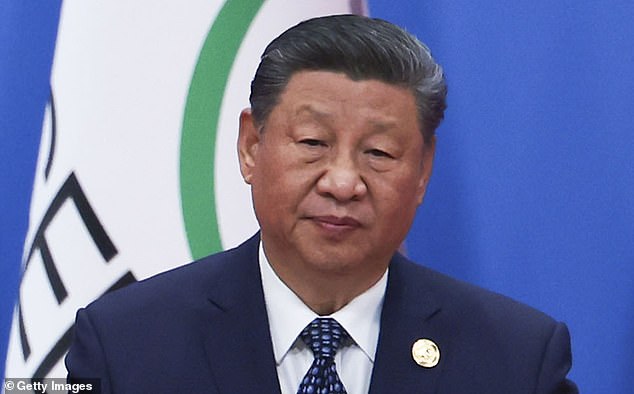
China accounts for 80 percent of the worldwide production of solar panels, and over one-third of the globe’s polysilicon, which is crucial, originates from the Xinjiang region.
In those areas, Uighur Muslims are detained and compelled to labor with minimal or no compensation. According to a study conducted by Sheffield Hallam University, the solar industry was aware that their supply chains were tainted by forced labor as of 2020.
In April 2023, the Conservative government mandated that public entities must disclose details about their supply chains for goods considered vulnerable to contemporary slavery.
The Mail requested information from trusts regarding the companies responsible for installing and supplying their solar panels. This was accompanied by communications addressing concerns about the potential use of forced labor within the supply chains.
However, responses indicate that certain NHS managers appear to be shifting responsibility onto subcontractors.
Out of the 215 healthcare trusts in England, 98 utilize solar energy at 212 different locations, with 46 of these trusts opting for solar panels manufactured by firms based in China.
Approximately 40 of them are associated with companies tied to slave labor according to the 2023 report from Sheffield Hallam University.
In December 2024, the Royal Cornwall Hospital Trust fitted 86 solar panels from the Chinese company Longi at their new £9 million outpatient facility located at West Cornwall Hospital.
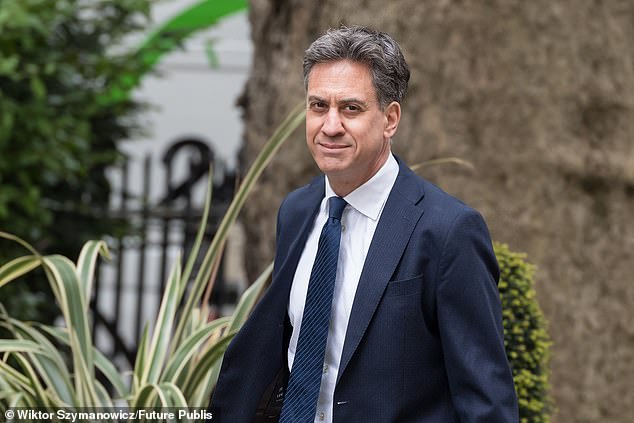
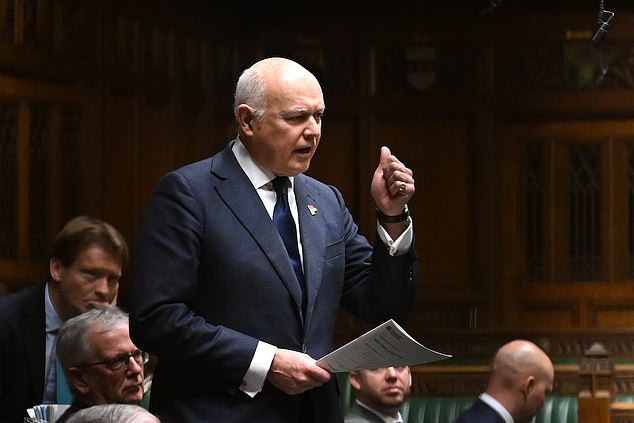
However, when questioned about the due diligence performed, the trust stated that they were ‘unaware of any communication’ addressing the risks involved.
Instead, it pointed to Longi’s code of conduct, which says the firm does ‘not engage in or tolerate any form of modern slavery’. But Longi was one of ten makers said to have a ‘very high’ exposure to slave labour in Xinjiang by the 2023 report.
RCHT and contractor Kier Construction stated that Kier ‘obtained significant guarantees from its supply chain concerning the ethical manufacturing of photovoltaic panels’ and that their ‘procurement procedures include thorough assessments for identifying risks related to modern slavery’.
Longi refuted claims of forced labor being part of its supply chain.
Several trusts mentioned that some panels had been set up prior to the implementation of contemporary anti-slavery laws in 2023.
However, Luke de Pulford from the Inter-Parliamentary Alliance on China stated that businesses should have undergone scrutiny to ensure they were not involved with slave labor, considering the well-documented risks.
The additional £180 million for solar panel installation will be sourced from GB Energy, which is the government’s newly established public entity focused on sustainable power solutions.
Initially, the government rejected an amendment proposed by the House of Lords aimed at preventing GB Energy from purchasing panels manufactured with forced labor in China.
After 92 Labour MPs refrained from voting, it changed its stance. However, the provision within the GB Energy Act only affects the state-run energy company, allowing private companies to potentially continue using Chinese materials.
Mr De Pulford stated that it would be ‘challenging’ to guarantee that the equipment was free from slave labor, as the government ‘lacks the capability to conduct the necessary due diligence’.
Sir Iain urged the government to follow the U.S. approach, where companies originating from China must demonstrate that their operations do not involve forced labor.
Professor Laura Murphy, who co-authored the Sheffield Hallam study, stated that fulfilling demands without resorting to forced labor is achievable, yet the industry has fallen short in thoroughly examining or reforming their supply chain processes.
A spokesperson for NHS England stated, “NHS trusts must consistently adhere to governmental procurement guidelines when acquiring products—this involves recognizing high-risk areas and implementing suitable measures.”
Read more







